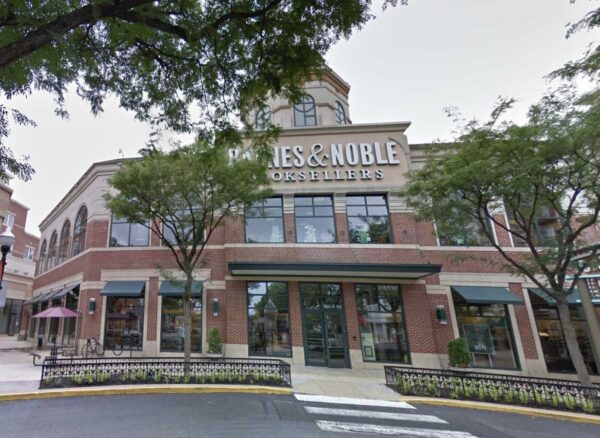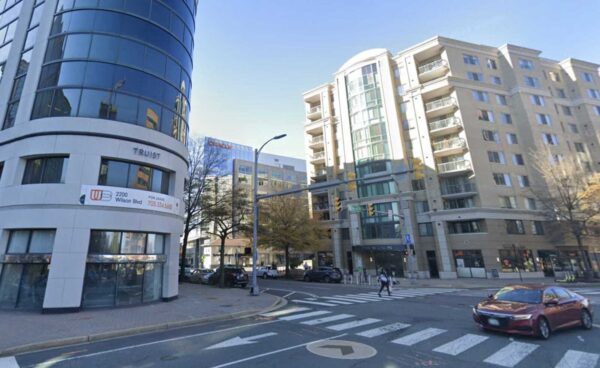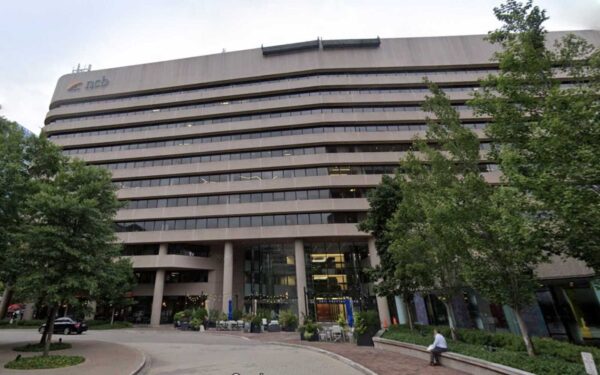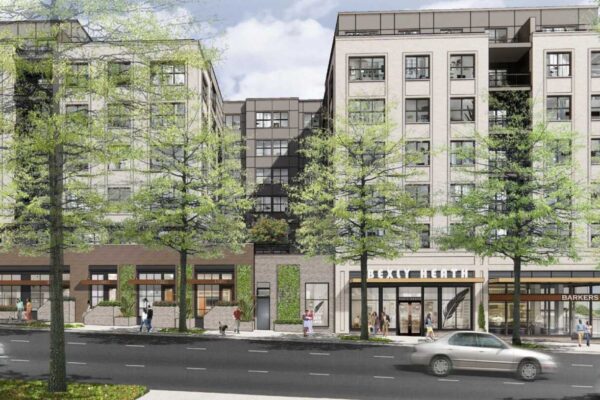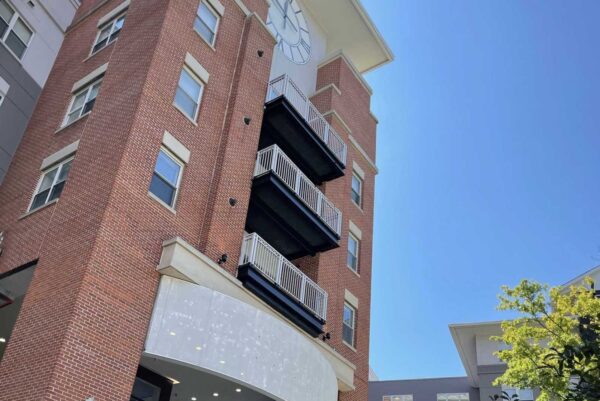Looser parking requirements could encourage more gyms and shops to fill Arlington’s commercial real estate vacancies, the county believes.
The Arlington County Board on Saturday unanimously voted to have staff research possible changes to the Arlington County Zoning Ordinance and advertise requests to amend it. In addition to slashing parking minimums for gyms, the county is considering whether to allow parking lots to designate more spaces for compact cars.




